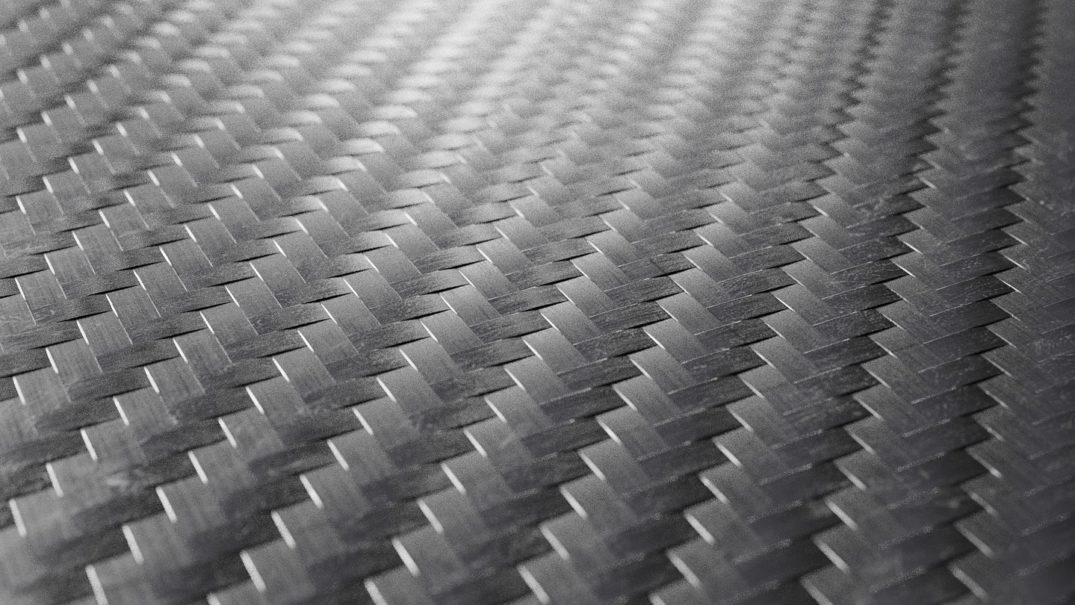Industry 4.0 Testlab for Composite Carbon Manufacturing
Time:2018-08-03 From:
In cooperation with many different international companies Swinburne University of Technology is currently setting up an Industry 4.0 testlab in order to produce commercial parts out of carbon fiber composite with less cost, minimal waste, and improved production capability.

Swinburne University of Technology teamed up with several partners to develop the world’s first Industry 4.0 testlab for manufacturing 3D printing carbon fiber composite material at an industrial scale. The project, which is part of the institution’s digital manufacturing process research, aims high as Professor Bronwyn Fox, Director of Swinburne’s Manufacturing Futures Research Institute, points out:“Swinburne, with our partners, will lead the world in providing digital manufacturing solutions to secure Australia’s place in the lucrative intermediate product market.”
3D-Printable Carbon Fiber Composite: The Next-Generation Material
Carbon fiber composites became the material of choice since it offers excellent possibilities of application, for instance, in automotive or smart products. But before they got started, the developing team had to overcome some hurdles. For a long time, it was not possible to produce high volumes of carbon fiber on a commercial scale due to high labor costs and manufacturing speed limitations.
With getting diverse experts on board Swinburne intends to produce commercial parts out of carbon fiber composite with less cost, minimal waste, and improved production capability. Among the specialists is world leading Austrian engineering company Fill who came up with the unique multilayer 3D printing system that will be used for the testlab material. Their multilayer technology enables them to build individual stack geometries in any orientation. Additionally its short cycle time allows for integrating an injection moulding or forming process which, in turn, ensures high flexibility when it comes to part design.
Revolutionizing the Australian Manufacturing Sector
Professor Aleksander Subic, Swinburne Deputy Vice Chancellor (Research) about the potential of this industrial 3D printer:“In order to make high value-add products from such materials affordable to manufacture on scale in Australia we are developing technologies and processes that have the potential to disrupt and transform the manufacturing and infrastructure industries.”
But that is not all: In the final stage, the lab will be digitalised with help of Siemens to create Australia’s first fully immersed Industry 4.0 facility.
“With our industrial partners, we will create a digital twin of the process and push the boundaries of virtual commissioning”, says Fox.
Plus, 3D printing will only represent one area of Swinburn’s testlab. In cooperation with other suppliers and equipment manufacturers, the university plans to set up an integrated pilot line including resin dispensing and curing.

